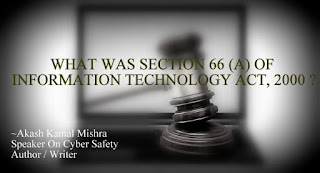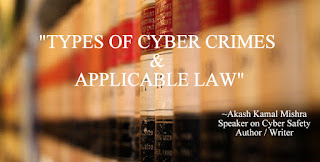Do You Know The Glorious History of Internet In India ??

Information Technology Act one of the outcome of the resolution which was to be dated on 30th January 1997 from the General Assembly of the United Nations, which adopts the Model Law on Electronic Commerce, Model Law on Electronic Commerce on International Trade Law . This type of resolution recommends, inter alia, that all states have to give favorable consideration to the said Model Law as adopted by the General Assembly of the United Nation while it revise enactment for new law, so that the uniformity of the laws may be observed by the various cyber-nations, applicable for the alternative to paper based methods of communication and storage of the information. The Department of Electronics (DOE) in July 1998 drafted a bill . However, the bill could only be introduced in the House on December 16, 1999 (after a gap of almost one and a half years) when the new IT Ministry was formed in our country. It goes through substantial alteration, with the C...


